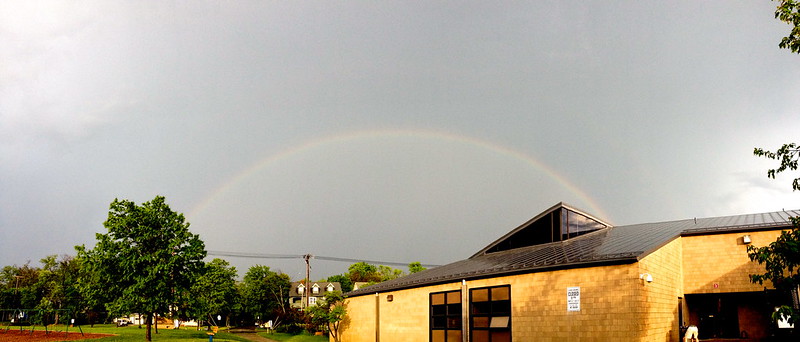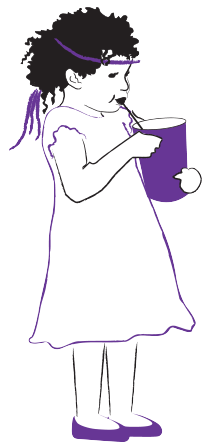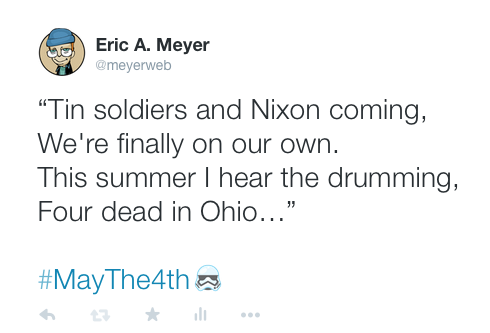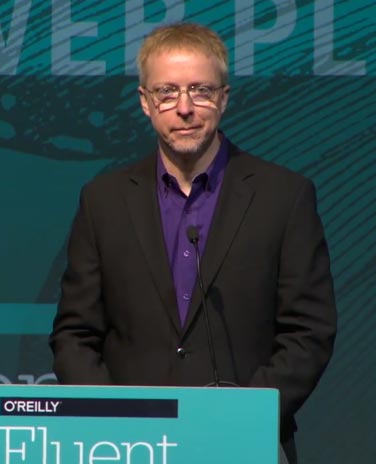Afterimage
Published 10 years, 1 month past
I remember her last breaths.
I remember how she methodically ate every last scrap of frosting from her birthday cupcake.
I remember her eating Sasa fries and looking with affection at little Joey, who’d come to her last meal.
I remember the last sentence she ever spoke.
I remember her singing and blowing out the candles at her sixth birthday party.
I remember her many laughs — gleeful with mischief, wild with delight, brimming with amusement.
I remember how her whole body shook when she laughed.
I remember how ticklish she was, and how much she loved being tickled.
I remember when she had finally grown enough that her fingers could interlace with mine when we held hands.
I remember the quiver of her lip as we told her there was no special medicine.
I remember her screaming “YES!!!” when we told her we’d bought season passes to Cedar Point.
I remember how she would oppose and defy us even when it cost her something she wanted.
I remember how she insisted on doing everything herself, insisting she needed no help even when she clearly did.
I remember how she would respond to my jokes in a flat, unimpressed voice: “Seriously?”
I remember how she’d cheat at every game and laugh about it as she did.
I remember playing air hockey with her.
I remember how much she loved to wear sparkly princess dresses.
I remember snowflakes stuck in her curly hair.
I remember her sticking her tongue out at me.
I remember her learning to read and write her name.
I remember how she nearly always threw up a hand to block me taking pictures of her.
I remember her painting her own nails for the first time.
I remember how much she loved to have her face painted.
I remember her squealing with delight when we told the kids we were going to Disney World.
I remember sitting on the porch roof with her and her siblings, watching the clouds and waving to people on the sidewalk below.
I remember her arms locked tight around my neck in a squeezy hug.
I remember her snuggled into my lap as I read her a book.
I remember her huddled against me and flinching every time a firework burst.
I remember how she would nod her head with studied nonchalance and say in an offhand, half-dismissive tone, “Yeah, cool, Dad.”
I remember how much she loved and looked up to and emulated her big sister.
I remember how much she loved and played with and protected her little brother.
I remember how she loved watermelon so much she’d eat half a melon by herself and then say she was too full for dinner.
I remember how she danced through life at every turn.
I remember her unbounded joy.
I remember how her body strained against my arms when I had to restrain her, to keep her from hitting, screaming her defiance until I wore her down.
I remember how she jumped waves at the beach, flinging herself into the air with no thought of how she would land, no concern except to jump over the crest as high as possible.
I remember her shouting “Watch me!” before jumping from the pool’s edge to her mother’s arms.
I remember how much she loved to splash in any pool or a puddle or any body of water.
I remember her playing in a big box of styrofoam packing peanuts, shrieking with delight.
I remember how she would grab my thumbs and climb up my front until she was standing on my shoulders, giggling all the way.
I remember her nestled into a sling on her mother’s back, peeking out at the world with a sly grin.
I remember how she used to carefully stick a raspberry on each fingertip before eating them one at a time, again and again.
I remember her feeding a giraffe.
I remember how much she loved coffee.
I remember her throwing rings at the bottles on the boardwalk.
I remember her trying to wash the dishes when she was barely tall enough to stand on a stepstool and see into the sink.
I remember her sitting in the car at the sledding hill, warming her hands against the air grating and waiting for us to be done.
I remember how she always wanted to drive the car.
I remember how she waited for her first birthday party to take her first steps, so she’d have as big an audience as possible.
I remember how she would call to her sister: “Lerlyn! Ah ooo?”
I remember her sister stamping the papers that finalized her adoption.
I remember the gleam in her two-week-old eyes that made me call her “Little Spark”.
I remember how wide and clear her big brown eyes always were.
I remember the first time I ever saw her, asleep in a car seat in a trailer home in a park in the middle of a cornfield in the middle of Ohio.
I remember how joyful I was when I picked her up and nestled her in my arms.
I remember how scared I was.
I remember.



